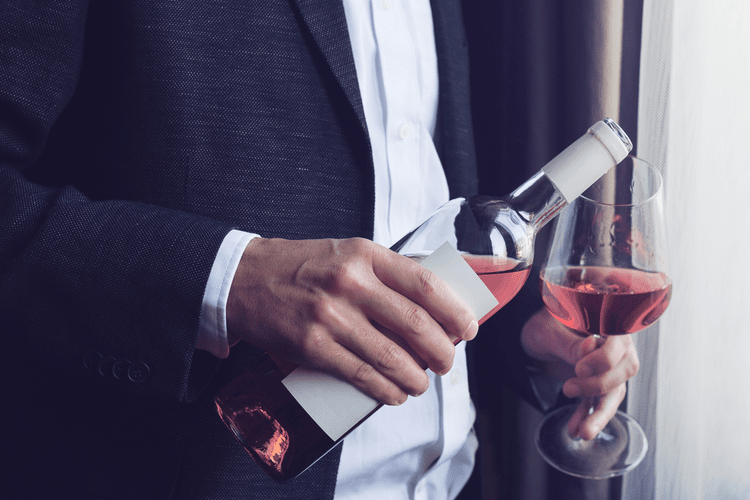Understanding your triggers makes it easier to decide when you genuinely want a drink and when you don’t. Experiment with no- and low-alcohol drinks until you find options that genuinely excite you. From botanical spirits to craft alcohol-free beers, the choices are endless. There’s no denying the fun that can come with drinking—the quick buzz, the fleeting sense of freedom, the uninhibited laughter. And there’s nothing wrong with enjoying the occasional mind-altering experience.
- I believe that’s why so many people are drawn to the sober curious movement.
- It’s also a great way to meet people in a sober environment,” says Hafeez.
- Unlike people who stay sober because of dependency or addiction, “sober curious” people may not necessarily meet the criteria for an alcohol use disorder or intend to give up alcohol permanently.
Advantages of a sober-curious lifestyle
If you often drink out of routine (like pouring a glass of wine after work), try swapping it for a different ritual, like making an alcohol-free cocktail or brewing a special tea. I truly believe that limiting alcohol isn’t a restriction—it’s an opportunity. Whether that means cutting back or letting it go entirely, the choice is yours. If you want to explore your relationship with alcohol, it can be helpful to cut it out and note any changes in your life caused by its elimination. Exercise increases endorphins, which are the “feel-good” chemicals in the brain. It can be a good replacement for the release of endorphins caused by drinking alcohol.
Focus on conversation
If you are on a dating app, you can put in your profile that you are “sober curious” and match up with like-minded individuals. A sober curious person may be taking a break from alcohol, they may be drinking only a specific amount at a specific time, or they may be “trying out” sobriety to observe its effects on the body. Immersing yourself in https://dev-summertime-saga-apk.pantheonsite.io/2021/07/27/how-to-get-your-marriage-back-on-track-after-2/ the sober-curious community can also easily be done online with social media accounts dedicated to sober curiosity.

Pay Attention to Your Alcohol Consumption
This suggests that people who are cutting back on alcohol are actively seeking alternative beverages. It is expected that the market for non-alcoholic drinks will continue to grow as Substance abuse Americans increasingly demand more options. Analysts believe that these drinks will not completely replace alcoholic beverages, but rather provide alternatives for those who are curious about sobriety, offering more choices than just club soda. All across the country, individuals are opening sober bars filled with mocktails and non-alcoholic drinks such as kombucha. One reason sober bars are popping up across the country is that they remove the pressures and dangers of alcohol while providing a space for socialization and community, which all humans crave.
- Researchers call these alcohol-free intervals “temporary alcohol abstinence challenges,” or TAACs.
- Then, once you feel good in that spot, you can reevaluate and go from there.
- The movement refers to individuals becoming more mindful of their alcohol consumption without necessarily committing to complete abstinence.
What Does It Mean to Be Sober Curious and Should You Give It a Try?
In many cultures, drinking is deeply ingrained in social rituals ranging from celebrations to casual gatherings. Whether through online communities, local support groups, or friends who share your goals, connecting with others can provide encouragement, accountability, and inspiration as you navigate your sober curious journey. “Lowering alcohol intake can help improve function, cognition and health,” says Deborah Freeland, M.D., an assistant professor in the Department of Internal Medicine at UT Southwestern Medical Center. Cutting back, she adds, can also help reduce one’s risk of falls, driving impairment and cognitive decline, which are already high-risk conditions in older adults.

Drinking moderate amounts of alcohol directly reduces the size of the hippocampus, the part of the brain responsible for memory. Unfortunately, the more you drink, the more likely you will develop memory loss and for a longer duration. This article is not intended to be sober curious a substitute for professional medical advice or diagnosis. Always seek the advice of your physician or other qualified health provider with any questions you may have regarding a medical condition. But even if you don’t end up making any big changes, you can’t not benefit from a period of reflection and looking at your relationship with alcohol. You may wish to contemplate it again in the future, or take on board what you learnt in other ways.